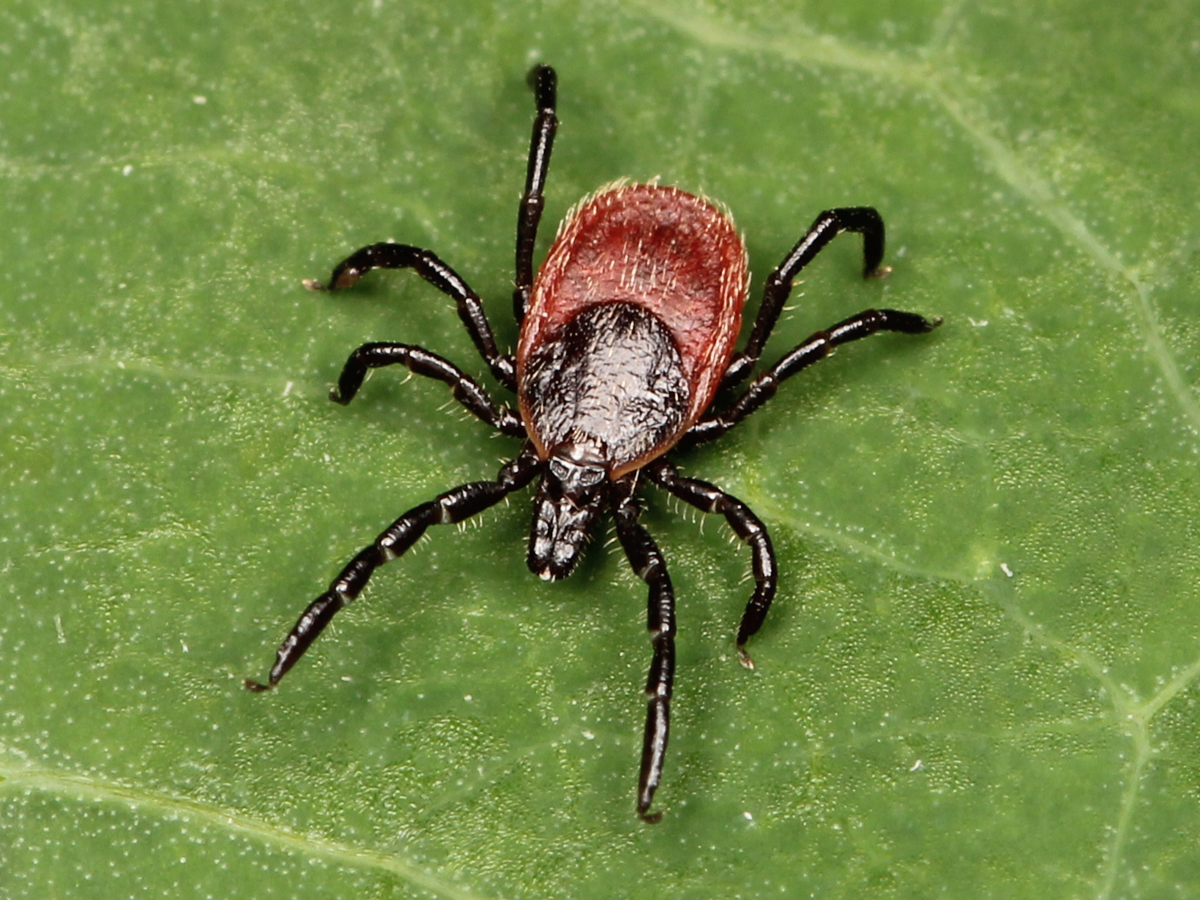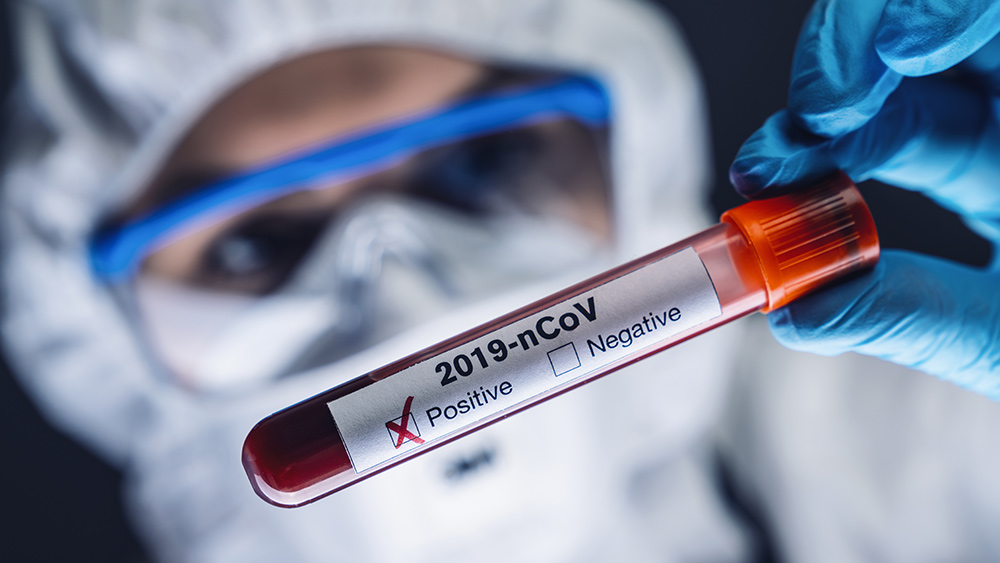Hiking danger: Powassan virus is a rare but real threat
02/05/2019 / By Zoey Sky

If you’re planning a trip anywhere near the Great Lakes, you might want to reconsider. In 2017, warnings have been issued about the region and the east coast due to “an emerging tick-transmitted illness:” the Powassan virus.
There have been reported cases of Powassan virus in the past and while these are few and far between, infected patients often suffer “devastating” and even “deadly” symptoms. Travelers need to be on their guard because there is only a 50-percent survival rate for patients who are diagnosed with Powassan virus. Even survivors aren’t unscathed because they “suffer from neurological damage after recovering.”
The virus is transmitted through deer and groundhog tick bites. These bites can “cause the viral illnesses encephalitis and meningitis, which results in the inflammation of the meninges that line the brain and spinal cord.” Since this is a virus, no cure exists. Patients can only receive supportive treatment until the illness passes.
In 2015, Durland Fish, Professor Emeritus of Epidemiology (Microbial Disease) at the Yale School of Public Health, brought attention to the growing threat that is Powassan Virus via a question and answer piece.
Professor Fish said, “There has been an important change in the ecology of Powassan virus in that the deer tick has recently become infected with the virus.” He continued, “Until a few decades ago, it was only transmitted by a tick species that does not commonly bite humans and human cases were extremely rare. This recent change in the ecology of Powassan virus has caused concern within the public health community.”
Powassan virus is even worse than Lyme disease because the latter needs to be attached to the host for at least 24 hours before they are infected. However, in the former, transmission can occur within minutes.
The Centers for Disease Control and Prevention (CDC) reported that in the past 10 years, the majority of the people who contracted the disease did not show any symptoms. While there were only 77 cases requiring hospitalization reported in the two regions where the ticks are found, there were eight deaths among patients infected with the Powassan virus.
Professor Fish cautions that we must be more vigilant since deer ticks that can transmit Lyme disease “may now also carry Powassan,” which can mean that the virus may spread even faster. The incubation period of the Powassan Virus can last from a week to a month, and symptoms may mirror those linked to the illnesses that it can cause.
The CDC warned that symptoms of viral meningitis and encephalitis can include “fever, headache, vomiting, weakness, confusion, loss of coordination, speech difficulties, and seizures.” Prevent illnesses spread by ticks or insects by using natural insect repellents, which must be “applied properly when needed.”
Tips to prevent Powassan virus
Now that you’re aware of the dangers of this illness, here are some tips to help you avoid Powassan virus:
- Use colloidal silver – Colloidal silver helps kill any pathogens that ticks can spread. It also provides “significant relief and immune [system] support.”
- Use essential oils as tick repellent – Use these essential oils to repel ticks: Lavender essential oil (helps relieve bug bites), lemon eucalyptus essential oil, oregano essential oil (a natural germicide, it also supports the immune system), and rose geranium essential oil.
- Hydrate with electrolytes – Electrolytes, which are made up of “calcium, chlorine, bicarbonate, magnesium, sodium, or potassium” are hydration salts needed for bodily functions. Rehydrate immediately if you get any tick bites.
- Protect yourself with gaiters – Aside from protecting you from rocks and brush along the trail, gaiters can also protect you from ticks.
Sources include:
Tagged Under: deer ticks, encephalitis, Great Lakes, groundhog ticks, hiking, infections, infectious disease, meningitis, outdoors, Powassan virus, ticks, Viruses
RECENT NEWS & ARTICLES
Pandemic.News is a fact-based public education website published by Pandemic News Features, LLC.
All content copyright © 2018 by Pandemic News Features, LLC.
Contact Us with Tips or Corrections
All trademarks, registered trademarks and servicemarks mentioned on this site are the property of their respective owners.





















